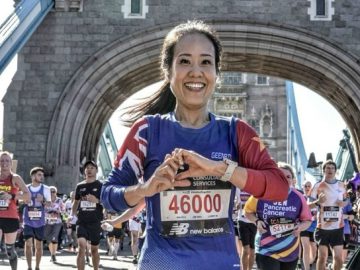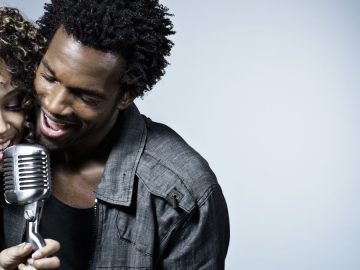When Nikki Jenkins joined jewelry brand Pandora in the summer of 2021, she was bursting with new ideas on how the company could better partner with creators of color, who are often paid less than their white counterparts for brand deals.
“I’m an African-American woman, I know personally I want to see myself in the media I consume,” she told Business Insider. “Many people of color have felt left out or misrepresented in the past, but influencer and creator culture has really flipped that on its head.”
Since Jenkins joined, almost a dozen BIPOC creators that BI spoke with named Pandora as a favorite brand to work with because they said the marketing team is kind, compensates them fairly, and is receptive to constructive feedback.
“The team treated me with so much care from beginning to end — even after the campaign had ended,” creator Jalisa Vaughn said, adding that the team “went above and beyond to ensure I had everything I needed to create, were beyond accommodating, and also gave me creative freedom in the process.”
Here are two strategies that Jenkins and her team implemented to make their brand collaborations more inclusive:
Drafting custom contracts in collaboration with talent
Pandora creates legal agreements that are custom-made based on the creators’ needs, which it does to help ensure its talent has more creative freedom. The contracts give talent a say in the platforms they want to use and even let the creators pick the jewelry they promote.
The company said it still makes suggestions on content direction based on its priorities, but influencers pitch the final ideas.
Jenkins said she and her team advocated for this practice to give the talent Pandora works with more creative control since they would know best what resonates with their audience.
“Jewelry is such a personal item that’s unique to you and driven by your personality, your culture, your identity, so it was important to us to honor that,” she said. “The stories that they want to tell that year are based on the jewelry they’re interested in, so we build custom contracts based on that person.”
Pandora also has “freestyle campaigns,” in which it gives no direction about the content and pays the creator to post anything they’d like about the product or company.
Partnering with BIPOC-owned talent management agencies
Pandora also partners with talent agencies that prioritize representing creators of color to ensure it’s hiring talent who influences specific demographics.
For example, a few years ago, Jenkins reached out to Black talent agency Kensington Grey so that Pandora could collaborate with Black creators to promote its products and events.
The company took 10 influencers from Kensington Grey’s roster to the Essence Festival to attend brand events and shoot content, a campaign known as The Girls Trip.
“A lot of Black creators understand how to show up in a way that really resonates with other Black people,” she said. “It’s a different level of engagement altogether.”
Based on the success of the campaign, Jenkins said the team decided to cement year-long contracts with many of Kensington Grey’s creators.
“Our creators are meant to reflect the diversity of our customer base, and we wanted to make sure we were reaching the Black audience in a way that was authentically Black.”



